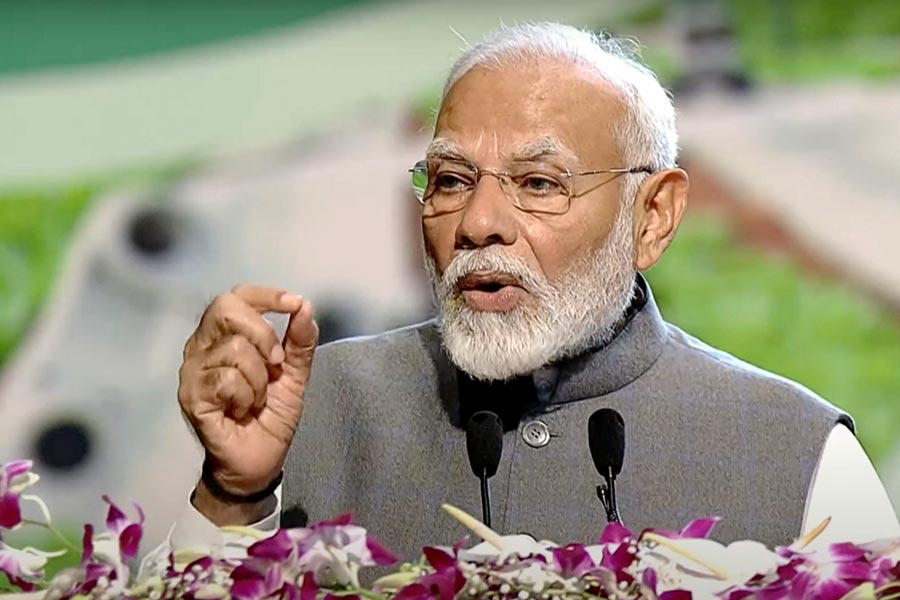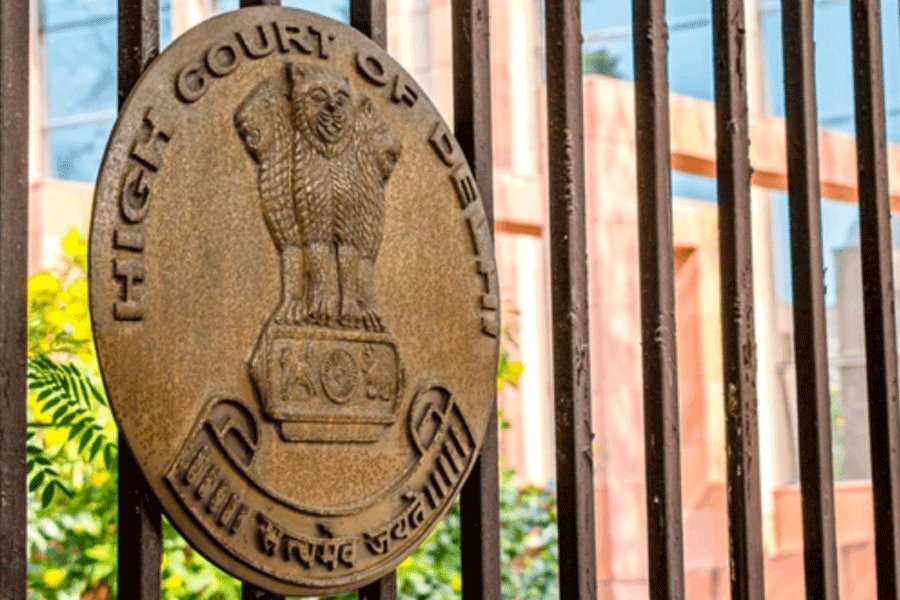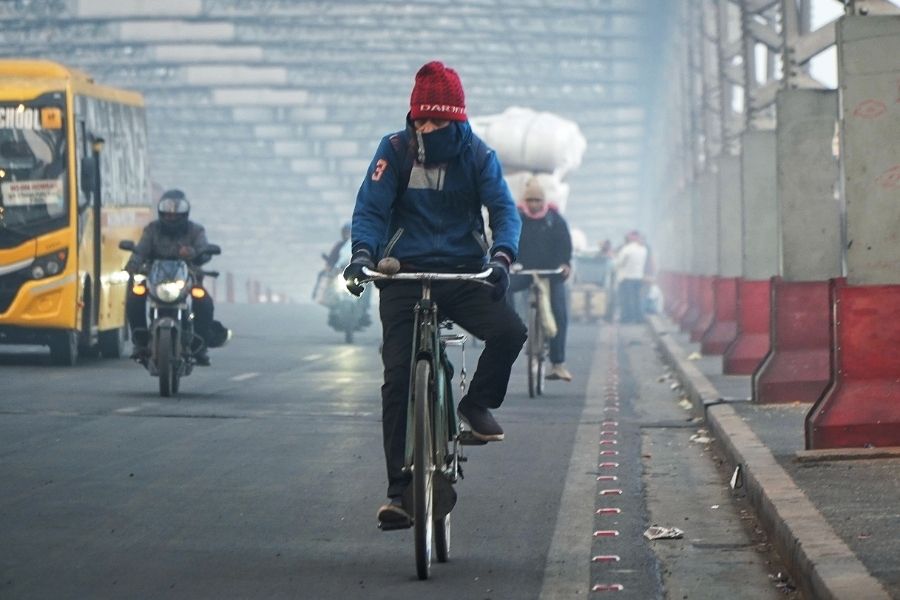As protesters in Bangladesh attacked a statue of the independence icon, Sheikh Mujibur Rahman, earlier this week, they also toppled — symbolically — India’s position as a trusted ally of their country. Now, as India grapples with the aftermath of the stunning ouster of the former prime minister of Bangladesh, Sheikh Hasina Wajed, who has sought temporary shelter in New Delhi, it must face up to a difficult truth: India is losing close friends from positions of power in the neighbourhood, ceding influence in South Asia in the process. Bangladesh is only the latest — albeit the biggest and the most significant — domino to fall. In the Maldives, President Mohamed Muizzu came to power last year campaigning publicly on an anti-India platform and has since expelled a small contingent of Indian troops who were managing an aircraft gifted by New Delhi to Malé. In Nepal, K.P. Sharma Oli, who had locked horns with India during his previous stints as premier over territorial disputes and a blockade allegedly enforced by New Delhi in 2015, is back as prime minister. Both Mr Muizzu and Mr Oli are viewed by the Indian strategic establishment as leaning towards China. Bangladesh could now take a similar — worrying — turn for India.
The Bangladeshi military is cobbling together an interim government that is likely to include elements aligned with the Bangladesh Nationalist Party and the Jamaat-e-Islami, Opposition parties that have traditionally advocated closer ties with China, the United States of America and Pakistan more than with India. They will return to positions of power amid a national sentiment that is anti-India because of New Delhi’s support to Ms Wajed’s government. That increases the risks for New Delhi with a neighbour whose friendship is critical for India’s security in the east and the Northeast, its connectivity with Southeast Asia, and its broader regional ambitions. What is vital for India is to draw the right lessons from its strategic setbacks, whether in the Maldives, Nepal, or in Bangladesh. If in the Maldives, India failed to counter perceptions that it was too influential, in Bangladesh, it failed to convince Ms Wajed to step back from the confrontation with protesters that brought about her downfall. India needs to find a balance that makes its presence in neighbouring nations firm yet unobtrusive. It also needs to pressure its friends to course correct in time when they start losing public support.










